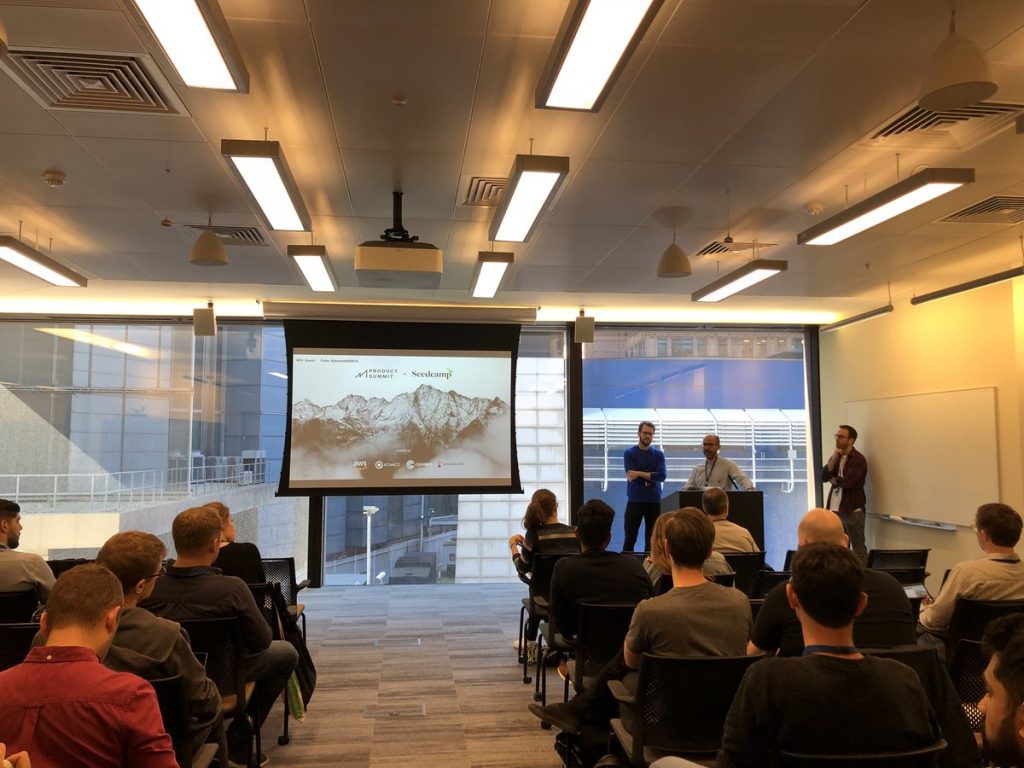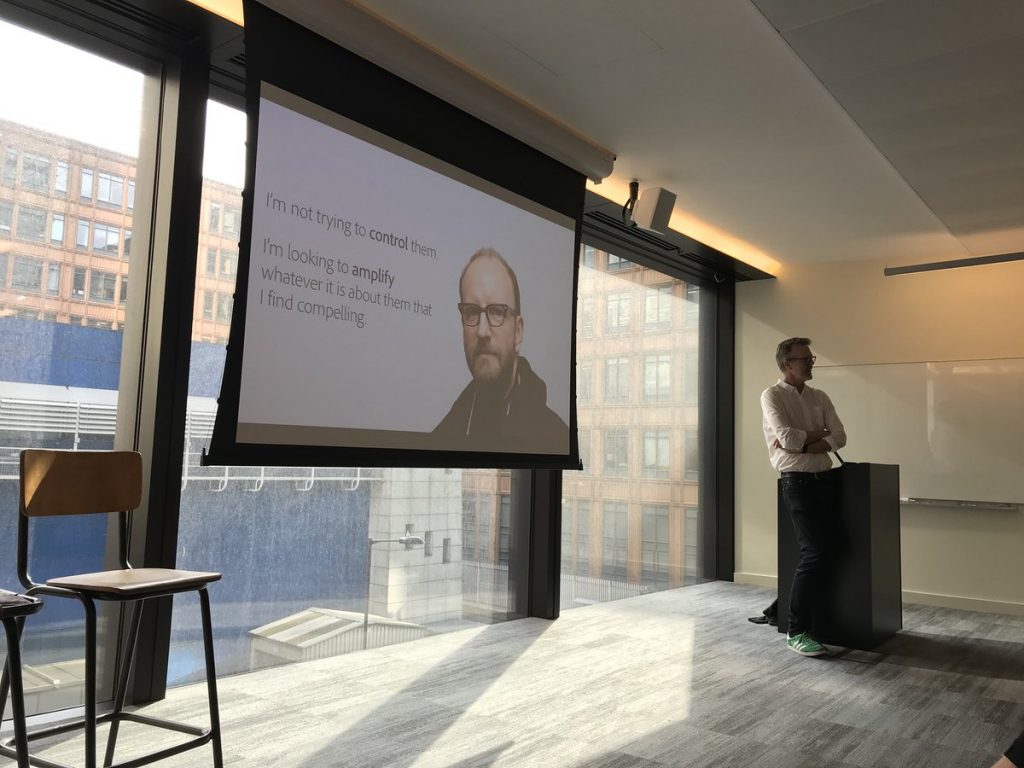Being a CPO in an early stage company means spinning many plates at one time, not easy for a company that’s scaling rapidly. Building out a successful product doesn’t come without recruiting awesome people; managing your new, kick-ass team; establishing and maintaining your culture; focusing on the right feature to build; adapting your processes to fit the requirements of the business and so on.

As part of our ‘Peaks’ program offering unique and tailored support to our startups as they grow, last month we held our first Product Summit at Amazon’s London HQ, attended by over 70 product and tech leads from across our portfolio. Moderated by our newest venture partner Devin Hunt – co-founder of Lyst and whose background spans engineering & design – we brought together top speakers across the product development landscape to share their learnings with our startups. Speakers included the likes of Jeff Veen, ex-VP Product at Adobe and currently Design Partner at True Ventures, David Wascha, ex-CPO Moo.com and current CPO of the Photobox group and Steve Crossan, who co-led Product for DeepMind before moving onto become Venture Partner at firstminute capital, alongside many other reputable names.
Here we’ve distilled down the top 10 takeaways you can apply to your own product teams.
1. Don’t listen to what customers want you to build – The Ford aphorism “If I had asked people what they wanted, they would have said faster horses,” holds true even today. Using the “five whys” allows us to get to the root cause of the problem, in order to invent solutions – David Wascha, PhotoBox & Moo: https://www.isixsigma.com/tools-templates/cause-effect/determine-root-cause-5-whys/
2. Build Mission teams – “When you’re scaling up your team of front and back-end developers, think about Mission teams. These teams own their KPIs and are made up of different people across the business, this is empowering, as the team owns a feature end to end.” – Alice Newton Rex, World Remit.
3. Hire generalist developers early on – As the business scales, “generalists can more easily adapt to the changing business needs, taking a load off HR”. – Dave Thomson, Skyscanner.
4. Develop the feature that taps into our emotional and social needs – “People remember how we make them feel. Capitalise on our customers, by analysing the parts of customer journeys that affect how our customers feel about our product, this is where the money is. – David Wascha, PhotoBox & Moo.

5. High paying customers shouldn’t dictate your direction – Don’t build features for one company if it falls outside your company vision. Create partnerships with organisations to satisfy these customers instead. – Duncan Barrigan, Go Cardless.
6. Constantly refine what you’re building, question everything you build – “Don’t be tempted to continue building out features, be good at one thing before you start on something else.” – Carter Adamson, ex-Skype.
7. Those who articulate purpose in their work, have longer lives – according to tens of thousands of studies – Jeff Veen, True Ventures.
8. Establish a creative culture – Create trust amongst your team. Project Aristotle, a study by Google, found that the best teams did not come from the best schools, financial background, personality type combinations or else, but when there was a feeling that the team could trust one another not to embarrass, reject, or punish someone for speaking up, teams performed best.
9. Don’t create a blame culture – When something goes wrong, it’s natural to find someone to fault. Understand the circumstances of why something went wrong to help the team understand the conditions for how not to go wrong in the future. Employees should not be afraid of making an error.
10. Product teams need to understand the bigger vision – We live in an age where employees need to understand how they are contributing to a greater purpose. Ensure your vision is clear and employees know how they are contributing to the bigger picture day-to-day.
Copyright © 2019 Seedcamp
Website design × Point Studio